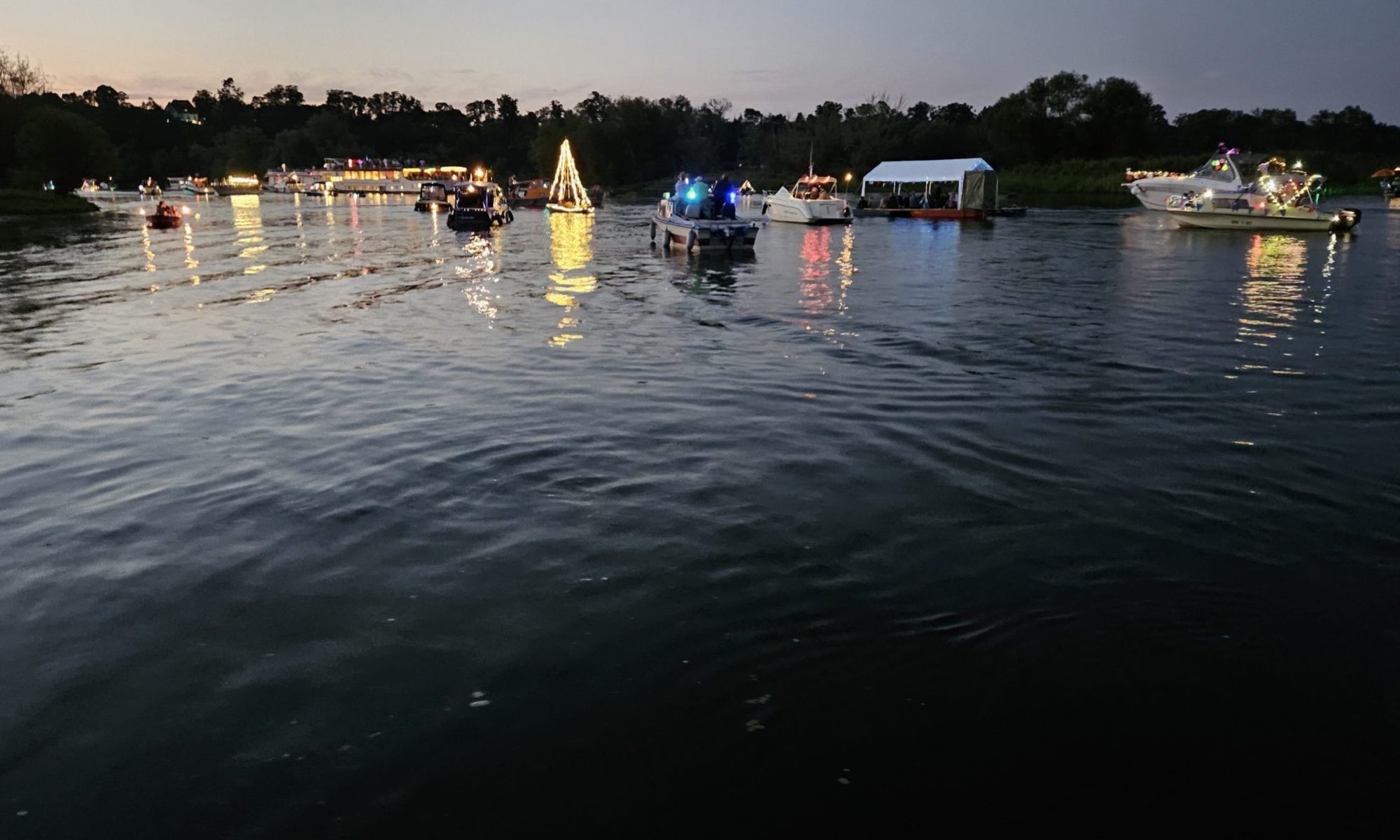Where does one belong? Is it that place where one actually dwells, physically and spiritually? If exile is migration, becoming physically separated from one’s home under duress, either forced or voluntary, what then is the spiritual meaning of exile? When the body remains in place, one’s consciousness can become alienated and lie ‘elsewhere’. When the body is forced out, the consciousness can remain ‘home’. And what about ‘the promised land,’ our utopias? In our contemporary times, facing social and ecological crises, we shouldn’t assume that the promised land for which we long will actually fulfill our longing. In fact it might be hell on earth. It can also be the land from which we have to escape, or from which we will be eliminated without the possibility to escape.
Once someone flees their own country, it ceases to exist except in their memories. But both this remembered country and the future one shaped by the exile’s hopes and idealizations are equally unreal. This country of the past as well as that of the future are pure imagination, creations. These creations, we believe, are clear manifestations of utopia, hybrids which collapse visions of past, present, and future. Delineated in this way by the difference between these imagined frames of time, utopia emerges vividly.
The question of exile cannot be decoupled from critical reflections on nationalism or the excruciating corrolaries of national identity. We are confronted today with many specific examples of unjust military conflict that propel this question to the forefront: the ongoing Russian invasion and occupation of Ukraine, the Hamas terrorist attack and hostage taking and the ongoing Israeli authorities-led atrocities against Palestinian civilians in Gaza in response, the enduring civil war in Sudan, and many more… These crises lie against a historical background of a lack of accountability for conquests and genocides on the part of the United States and of nations on every continent over the course of centuries. And although the core responsibility for these crises can be assigned to self-complacent dictators of all kinds, the question remains what responsibility we should assign to members of a body politic, national or otherwise, who, in these cases, oppose the decisions and actions of their own governments? Even when one has been exiled as a consequence or demonstration of that opposition, should demands for personal accountability be overridden by compassion for the exiled? Where is the justice in calling them to account? It is never a polar reality — acceptable vs unacceptable. Human nature is shrouded in ambiguity. Our allegiances to truth can be hobbled by fear, by love, by trauma.
Beyond these critical reflections, in this utopienale happening, our focus still remains on justice for the vulnerable. To be exiled, in our view, often means being forced to dwell within the sphere of basic survival, with higher mental, physical, and spiritual life remaining out of reach. And yet we admire the inner strength of exiles who succeed in sheltering the precious flames of culture, of character, of knowledge within, refusing to allow them to become extinguished regardless of the violent dislocations to which they are subject. We need this strength, and find perhaps that it can only be conveyed by exiles. How can the inner experience of exile be conveyed? Our histories of art, literature, and personal narratives are filled with centuries of the creativity of exiles. Perhaps exile itself has been an unacknowledged but crucial lens for recognizing the shape of the human condition as embedded in creative work. It may be that exile is an essential prerequisite for the “psychic migration” that utopienale III presented as the only hope for a future for humanity.
It is from this perspective that we organise this utopienale happening. Through visual art shows, panel discussions and a film programme, utopienale IV explores the themes of exile, the beginning of a diaspora and psychic migration. We invite you to join us in opening a new discourse on exile. Check the programme here.
Azby Brown, Gaston Meskens & Wolf Guenter Thiel
Co-curators, utopienale IV
12 August 2025
